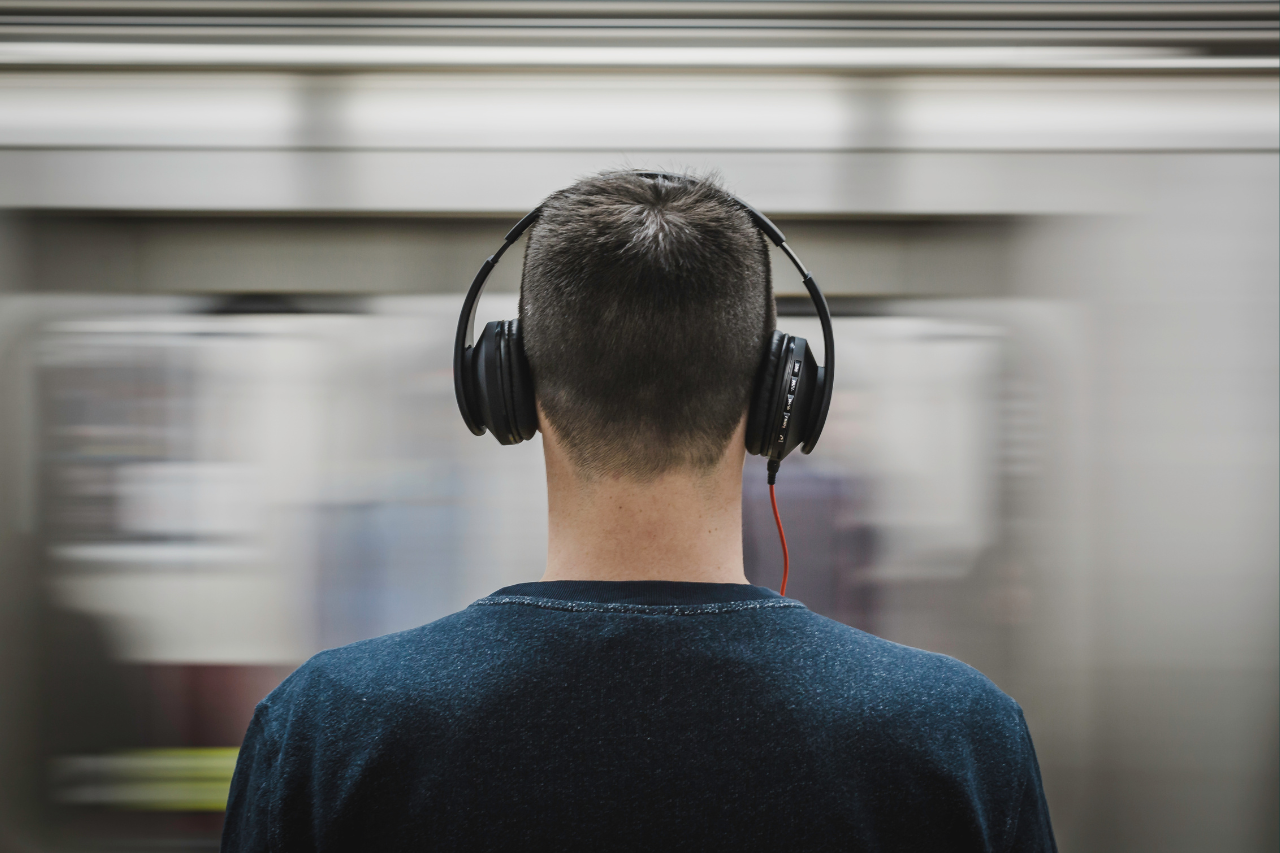Recovering from a concussion isn't always straightforward. Sometimes the most challenging part isn’t the initial injury, but the way everyday sensations suddenly feel too much. Bright lights, loud noises, busy spaces, and even screen time can become overwhelming.
That’s where your Concussion Toolkit comes in—a curated list of practical tools and strategies to support your brain, reduce overstimulation, and ease your symptoms while you heal.
1. For Sound Sensitivity: Calming the Noise
After a concussion, your brain’s ability to filter and process sound can become disrupted, making everyday noise feel intrusive or exhausting.
- Noise-Cancelling Headphones: Ideal for work, travel, or noisy households. They block out background noise and reduce mental fatigue.
- Loop Earplugs: These discrete earplugs lower overall volume without distorting sound, making social situations more manageable. We recommend the loop switch which allows you to swap sound settings between different environments- from concerts to intimate dinners you'll be covered.
- White Noise Apps: Gentle sounds like ocean waves, rain, or fan noise can mask jarring sounds and soothe your nervous system.
2. For Light Sensitivity: Shielding Your Senses
Bright lights or screen glare can trigger headaches, eye strain, or dizziness. These simple tools can help reduce the visual load on your brain:
- Sunglasses or Tinted Lenses: Light-sensitive glasses or darker shades help tone down harsh lighting.
- Red Light Filters for Screens: Apps like f.lux or built-in night mode settings limit blue light exposure and reduce eye fatigue.
3. For Overstimulation: Finding Calm in a Busy World
Concussed brains often feel overwhelmed in chaotic environments. Managing overstimulation is crucial:
- Shop During Quiet Hours: Many stores offer quiet shopping times with dimmed lighting and minimal noise—check your local mall or supermarket.
- Create a Low-Stimulation Zone at Home: A peaceful space with soft light, minimal sound, and gentle textures can help regulate your nervous system.
4. For Headaches & Migraines: Natural Soothing Options
Persistent headaches are common during concussion recovery. Supporting circulation and releasing tension can bring relief:
- Shakti Eye Mat: This gentle acupressure tool can help ease pressure and improve blood flow around the eyes and forehead. They can also bee cooled in the fridge before using.
- Gentle Touch and Cranial Osteopathy: Skilled, light-touch manual therapy can help restore balance and reduce stress on the nervous system.
5. For Brain Health: Fuel for Recovery
Your brain needs high-quality fuel to repair itself and regulate function after an injury. While always consult your healthcare provider before starting new supplements, many people find the following helpful for brain healing:
- Magnesium: Supports calm nervous system activity and may help reduce headaches and promote better sleep.
- Creatine: Helps with energy metabolism in the brain and muscles, and may support cognitive performance.
- Omega-3 EPA/DHA (Fish Oil): These essential fatty acids play a crucial role in reducing brain inflammation and supporting nerve cell communication. Look for high-quality, concentrated formulas for best results.
A balanced, nutrient-dense diet and proper hydration also remain essential during recovery.
6. For Sleep: Resetting the Brain’s Rest Cycle
Sleep is vital for brain recovery, but post-concussion, it can be hard to fall or stay asleep. Try these tools to create a sleep-friendly environment:
- Blackout Eye Mask: Keeps your room truly dark to support melatonin production and reduce nighttime waking.
- Cool Room Temperature: A cooler environment helps the brain and body relax into deeper sleep.
- Audiobooks or Podcasts at Bedtime: A gentle audio story can help wind down without the stimulating blue light from screens.
Avoid screens 1–2 hours before bed where possible—your brain will thank you.
Healing Takes Time
Every concussion is different. What helps one person may not work for another, so try different tools and listen to what your body needs each day. Keep this toolkit handy, and give yourself permission to rest, reset, and take things slow.
When it comes to concussion treatment in New Zealand, support is becoming increasingly comprehensive, combining evidence-based rehabilitation with personalised care.
Our clinic takes an integrated approach, addressing physical, cognitive, and emotional symptoms together for a more complete recovery. This often includes a combination of concussion therapies tailored to your specific needs and stage of healing.
Need Extra Support?
At HeadWise, we offer gentle, evidence-based osteopathic care to support your nervous system, improve sleep, reduce tension, and aid recovery after concussion. If you or someone you know is struggling with post-concussion symptoms, reach out—we're here to help.

